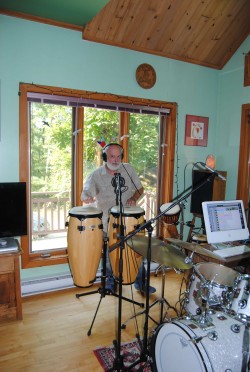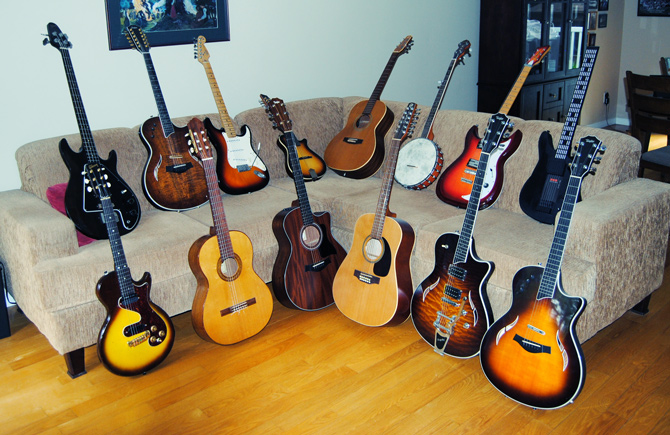My brother and I are very lucky – we grew up in a small country town, sons of parents who believed in the great outdoors, where we played and spent most of our youth. We were also very lucky to come of age in the 60s, both of us captivated by the popular music of that time, a completely different experience from today’s popular music. Where music is now completely controlled by the industry, a money-making cash cow that spits out innocuous dance music sung by innocuous “artists”, we grew up with Bob Dylan, The Beatles and The Rolling Stones. In the 60s the artists themselves controlled the music business, which is obvious when you hear the popular songs everyone listened to back then. The music industry would not allow this today. Do you think songs like “For What It’s Worth” would be promoted today? “Universal Soldier”? “Turn, Turn, Turn”?
It is easy to forget what a huge force Bob Dylan was in the early 60s. Starting with “Blowing in the Wind” and “The Times They Are A-Changin'”, anthems for our generation, Dylan composed songs of political and social import that propelled widespread protest against the inequities of the times. “My Back Pages”, composed in 1964, looks back at the strife of young manhood and moves away from it, as Dylan soon did. The definitive version of this song came in 1967 from The Byrds and, thanks to Roger McGuinn’s voice and electric 12-string guitar, it’s an arrangement that simply can’t be improved upon. I wanted to emphasize the song’s lofty qualities and chose a cathedral setting for my arrangement.
After spending a day outside in the sun last summer, Bob dreamed that night of our youth, the blue skies, the forest trails, the open fields, the freedom we embraced. When he awoke, he immediately wrote down his dream and we included it as the lyrics to the last verse of the song, what we refer to as the dream sequence.
Here’s our version of “My Back Pages.”
Bob Séguin: voice and additional lyrics
Richard Séguin: MIDI guitar (B3 organ)



